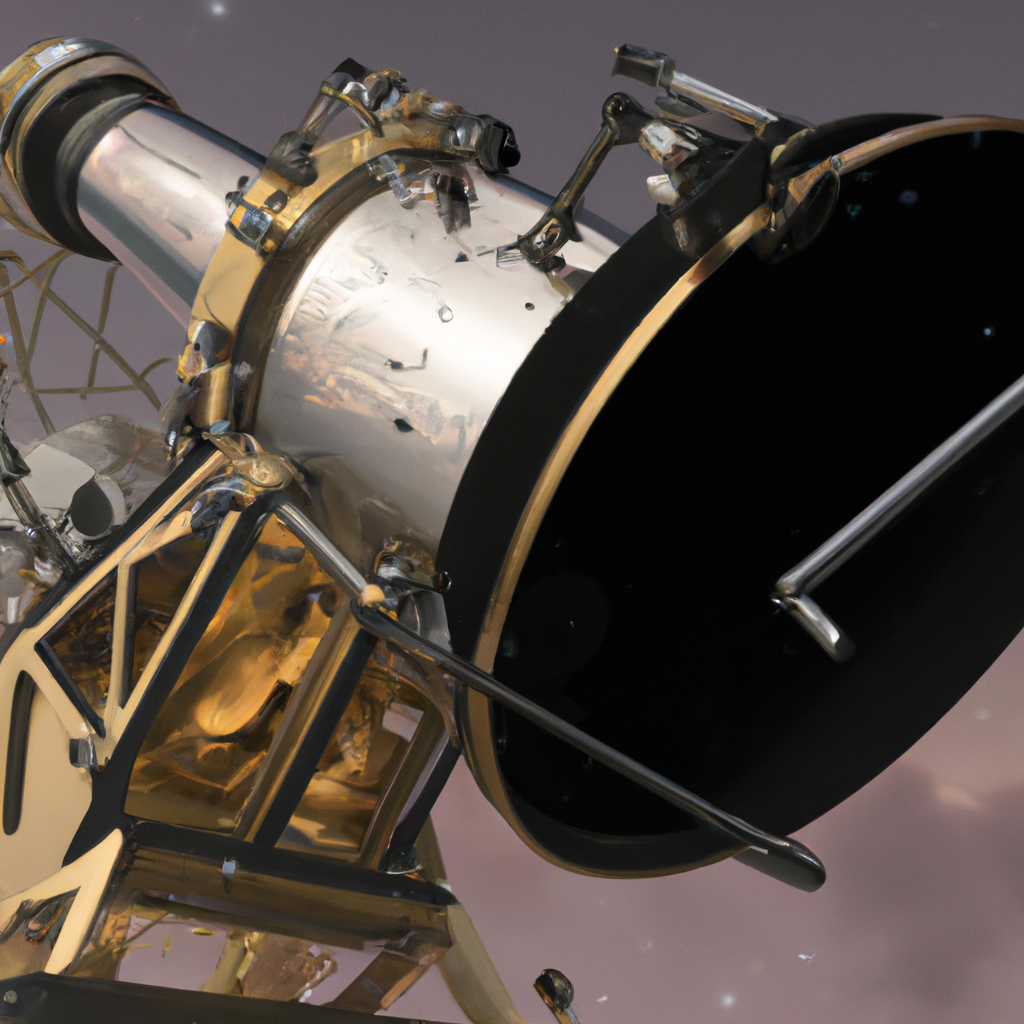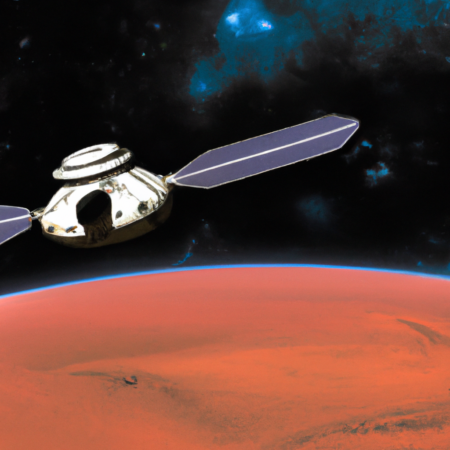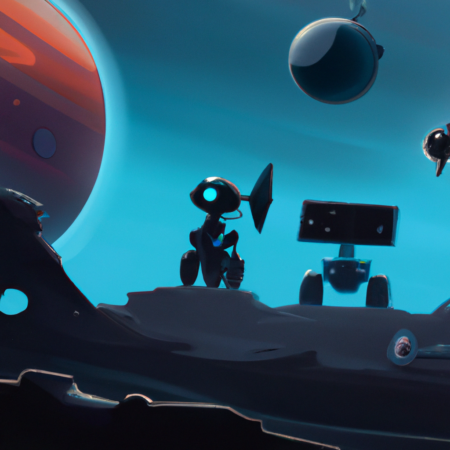Unlocking the Secrets of Deep Space: The Next Frontier in Astronomy
As we venture into the second quarter of 2025, the field of astronomy continues to astound and expand our understanding of the universe. With new technologies and telescopes, astronomers are peeling back layers of cosmic mystery to reveal insights about galaxies, black holes, and exoplanets far beyond our solar system.
Revolutionary Telescopes and Their Impact
The introduction of next-generation telescopes has significantly enhanced our ability to observe distant cosmic phenomena. Instruments like the James Webb Space Telescope (JWST) have been pivotal in capturing high-resolution images of previously unseen regions of space, enabling breakthroughs in understanding star formation and galaxy evolution.
The Role of Artificial Intelligence in Astronomy
Artificial Intelligence (AI) has transformed how we process vast amounts of astronomical data. By employing advanced algorithms, scientists can quickly analyze data from telescopes, leading to faster and more accurate discoveries. This synergy between AI and astronomy is paving the way for revolutionary findings in the study of the universe.
Exploring Exoplanets
In 2025, the focus has increasingly turned towards exoplanets. Projects like TESS and CHEOPS are dedicated to discovering and characterizing planets around other stars. These missions aim to identify potentially habitable planets, a quest that has captivated the scientific community and the public alike.
The Future of Space Exploration
As international collaborations grow, the future of space exploration looks promising. Plans for manned missions to Mars and the development of sustainable lunar bases are in progress, showcasing the ambitious goals of current space programs.
The exploration of deep space continues to challenge and inspire. As we uncover more about the universe, we also unravel more about our place within it. The next few years promise exciting developments as we push further into the unknown.






